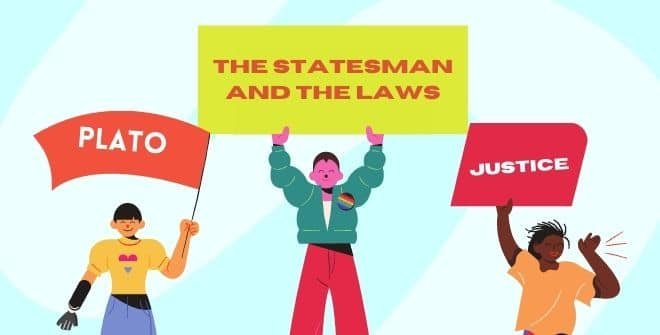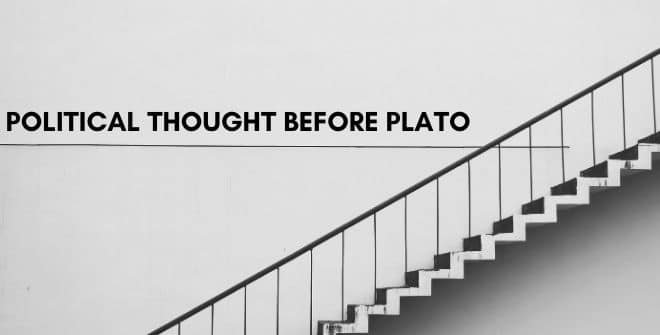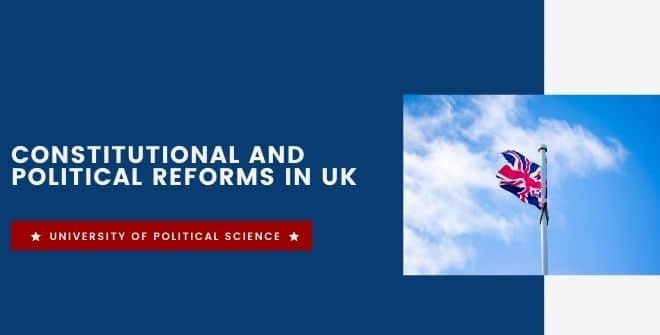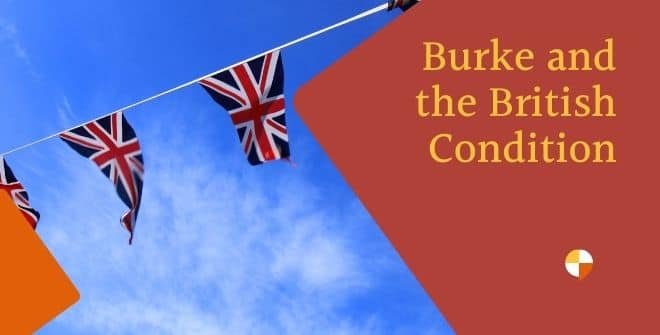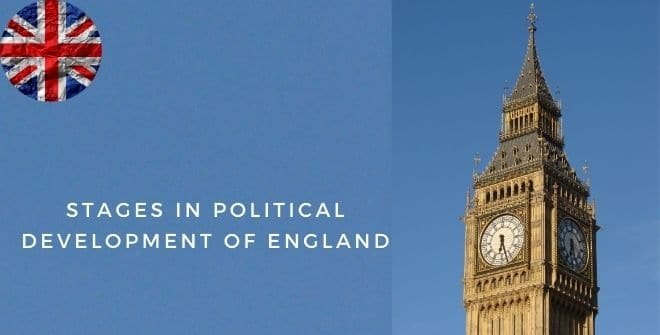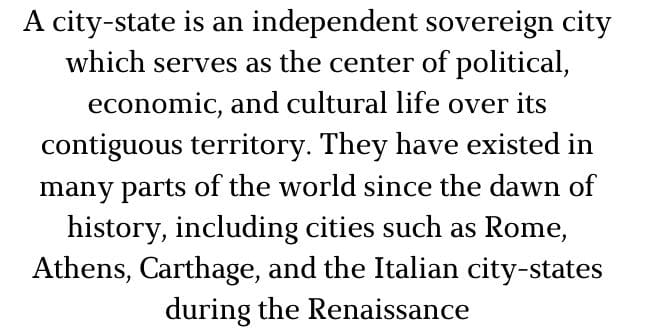Plato’s Later Political Philosophy: From the Republic to the Laws
Plato’s later political philosophy, presented in The Statesman and The Laws, marks a shift from the idealized vision of the Republic to a pragmatic engagement with law, governance, and human nature. While the Republic envisioned a state led by philosopher-kings, the Laws reflects Plato’s recognition that law and structured institutions are essential to maintain social … Read more

